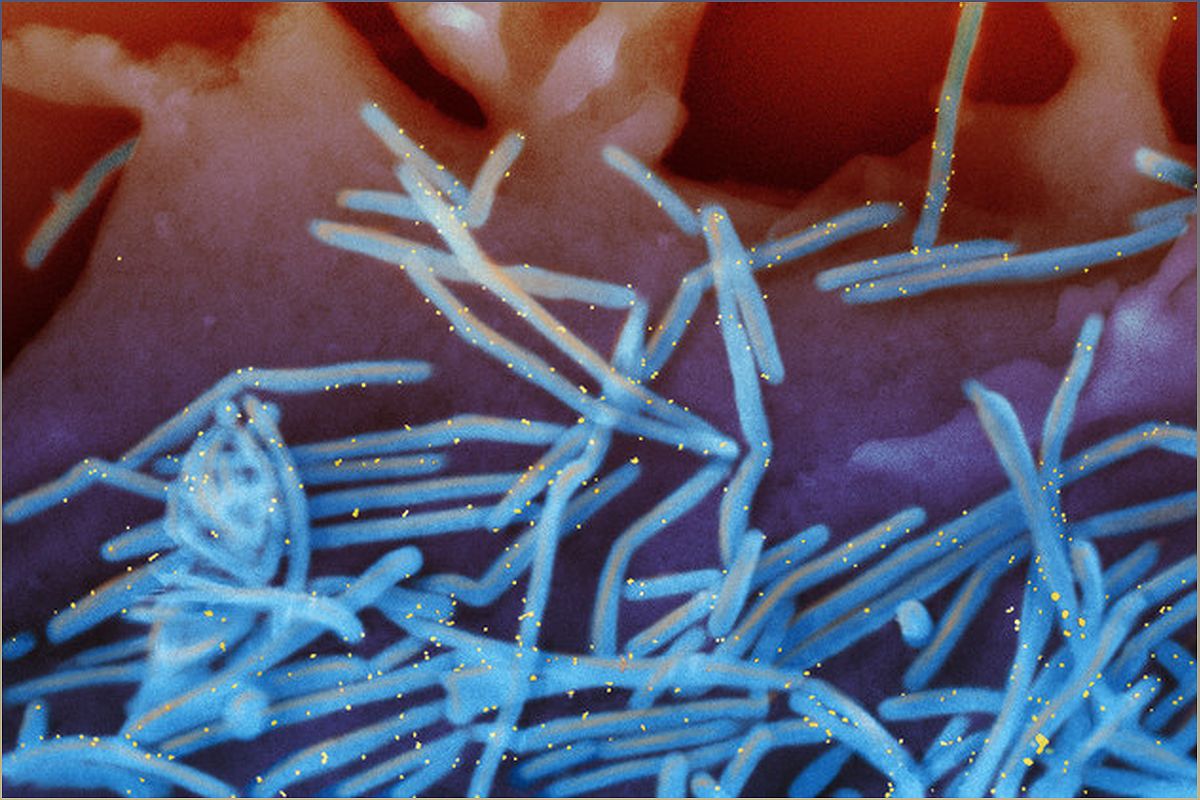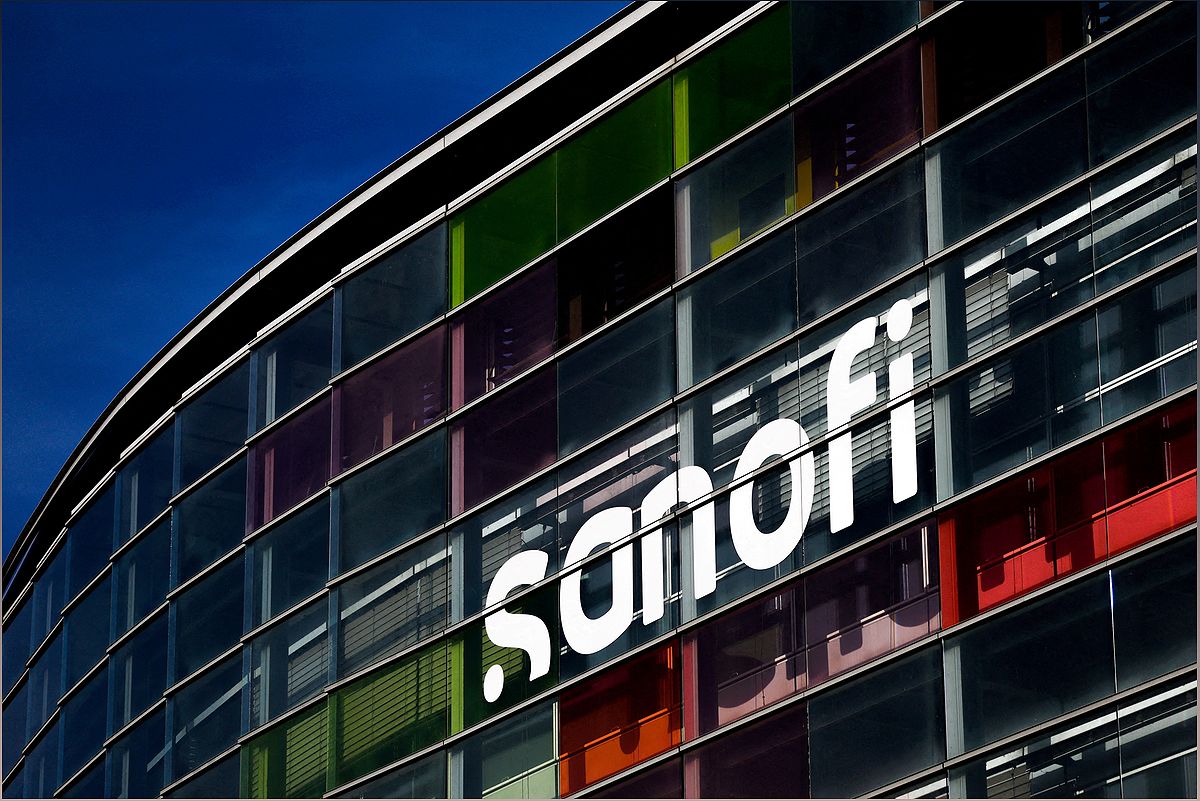Discover how the White House has reached an agreement with drug manufacturers to provide additional doses of the RSV shot for infants, addressing the nationwide shortage. Find out about the concerns among parents and health providers, the ongoing efforts to increase the supply, and the challenges faced in major public health initiatives. Stay informed about the steps being taken to ensure families can access the RSV vaccine.
The Impact of the RSV Shot Shortage
The nationwide shortage of RSV shots for infants has raised significant concerns among parents and health providers. The scarcity of these shots has been exacerbated since October, with worries that finding doses will become even more difficult as RSV season peaks.

The Centers for Disease Control and Prevention (CDC) continues to recommend the RSV shot, despite its limited availability. This shortage has led to rationing and limited orders, leaving many families struggling to access the vaccine.

The Biden administration has been actively pressuring drug companies to increase the supply of RSV shots. High-level meetings have taken place between administration officials and manufacturers, although specific details have not been disclosed. The focus remains on ensuring that families can obtain the necessary protection for their infants.
Efforts to Increase the Supply
In response to the shortage, the White House has reached an agreement with drug manufacturers to provide an additional 230,000 doses of the RSV shot for infants by January. This agreement aims to alleviate the strain on the supply and meet the high demand for the vaccine.

The Biden administration has been actively advocating for increased production and distribution of both COVID-19 vaccines and RSV shots. The transition of distribution responsibilities back to the private sector has presented challenges, but efforts are underway to minimize the risk of a sudden surge in demand catching the nation unprepared.

While the companies have released additional shots in November, the administration continues to urge them to find more doses. The collaboration between drug manufacturers and the CDC is already underway to prepare for the next RSV season, ensuring a more robust supply in the future.
Challenges in Major Public Health Initiatives
The ongoing shortage of RSV shots highlights the challenges faced in major public health initiatives, particularly in the post-COVID era. The federal government has transitioned distribution responsibilities back to the private sector, leaving drug companies in charge of production and distribution.
The demand for the RSV shot has exceeded expectations, leading to rationing and limited orders. The Biden administration’s focus on boosting supply reflects the complexities of ensuring adequate vaccine availability for critical public health needs.
Efforts are underway to address these challenges and minimize the impact on families and healthcare providers. By learning from the current situation, future public health initiatives can be better prepared to meet the demands of vaccine distribution.